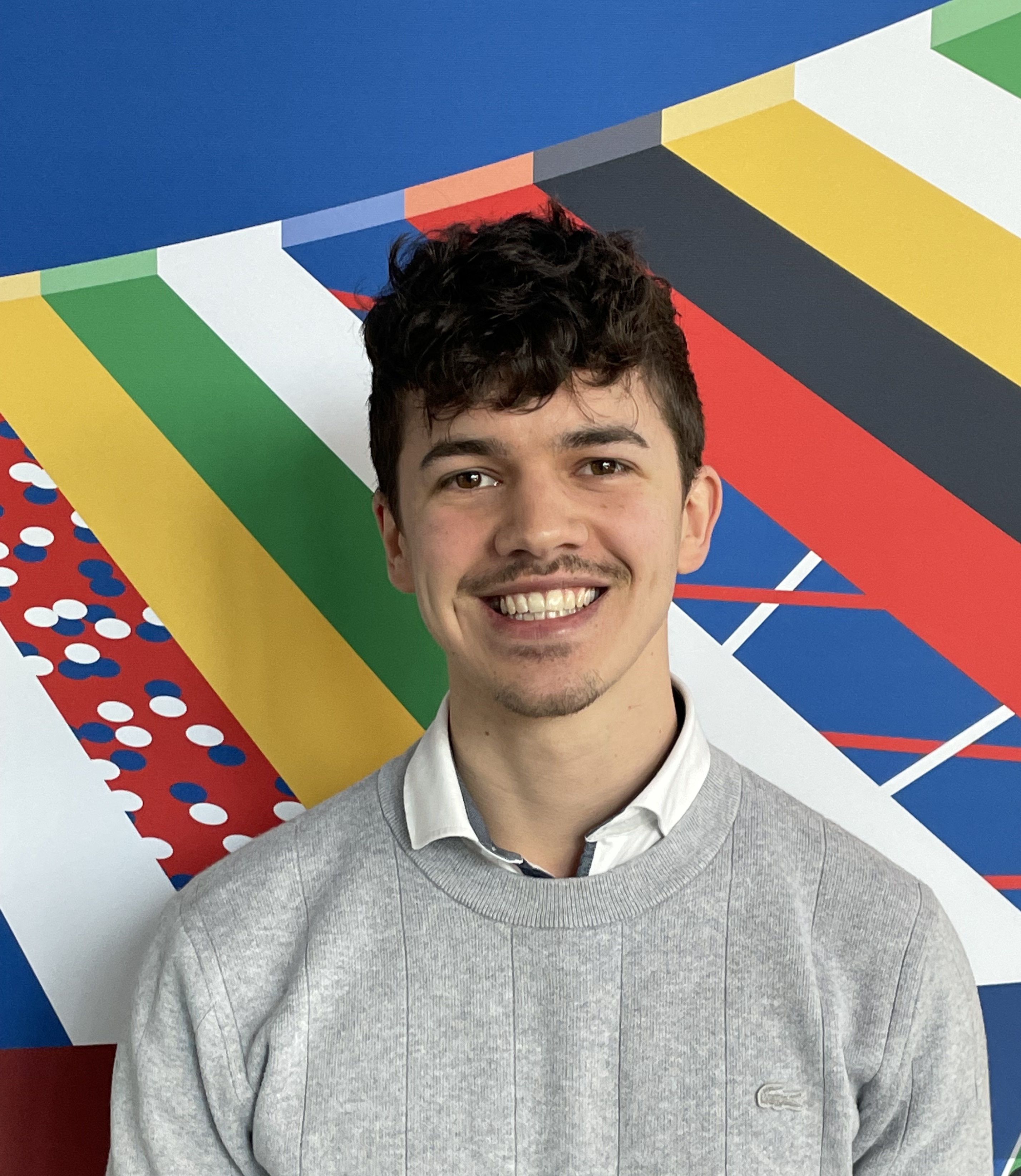

Doctoral Candidate 5 (DC 5) Name: Emil Maximilian Freiherr von Werthern
Email Address: [email protected]
Personal Information: Emil von Werthern is the Doctoral Candidate for the project “Patterns and Actors of Match-Fixing and the Challenges of its Control” at KU Leuven, Belgium and Johannes Gutenberg-University in Mainz, Germany. He will work in close cooperation with UNODC to tackle current threats to the integrity of sport and the involvement of organized crime in match-fixing and corruption in sport. The research aims for a comparison of measures between different confederations and nationalities in a few selected sports and addresses both, sport-related and betting-related match-fixing.
Emil did his Bachelor of Arts in Sports and Sports Science and his Master of Science in International Sports Management at the Johannes Gutenberg University in Mainz, Germany. His master’s thesis addresses the strategic implementation of sustainability strategies at major sport events by the example of the EURO 2024.
He can draw on four years of experience in the sports sector as he already worked for 1. FSV Mainz 05 and the EURO 2024 GmbH, helping to organize the European Football Championship 2024 in Germany.
The objective of this PhD research project is to develop evidence-based policy recommendations for governmental and sport ruling bodies, to help them better understand the nature of match-fixing in its forms, extent, and prevalence, to tackle match-fixing more effectively in the future.
Home University: KU Leuven
(1) Host University: JGU
(2) Industrial Partner: UNODC
Supervisors: Prof Dr Letizia Paoli, KUL; Prof Dr Holger Preuss, JGU
Project Description: The project objectives are threefold: (1) identify patterns and actors of match-fixing and other forms of corruption in sport with a particular focus on organised crime; (2) specifically analyse patterns and actors of match-fixing and other forms of corruption in sport in two selected European countries (likely Italy and Belgium) based on criminal proceedings and interviews with police and prosecutors; (3) assess processes, outcomes and challenges of government policies to control match-fixing in a selected number of countries (through expert interviews).
